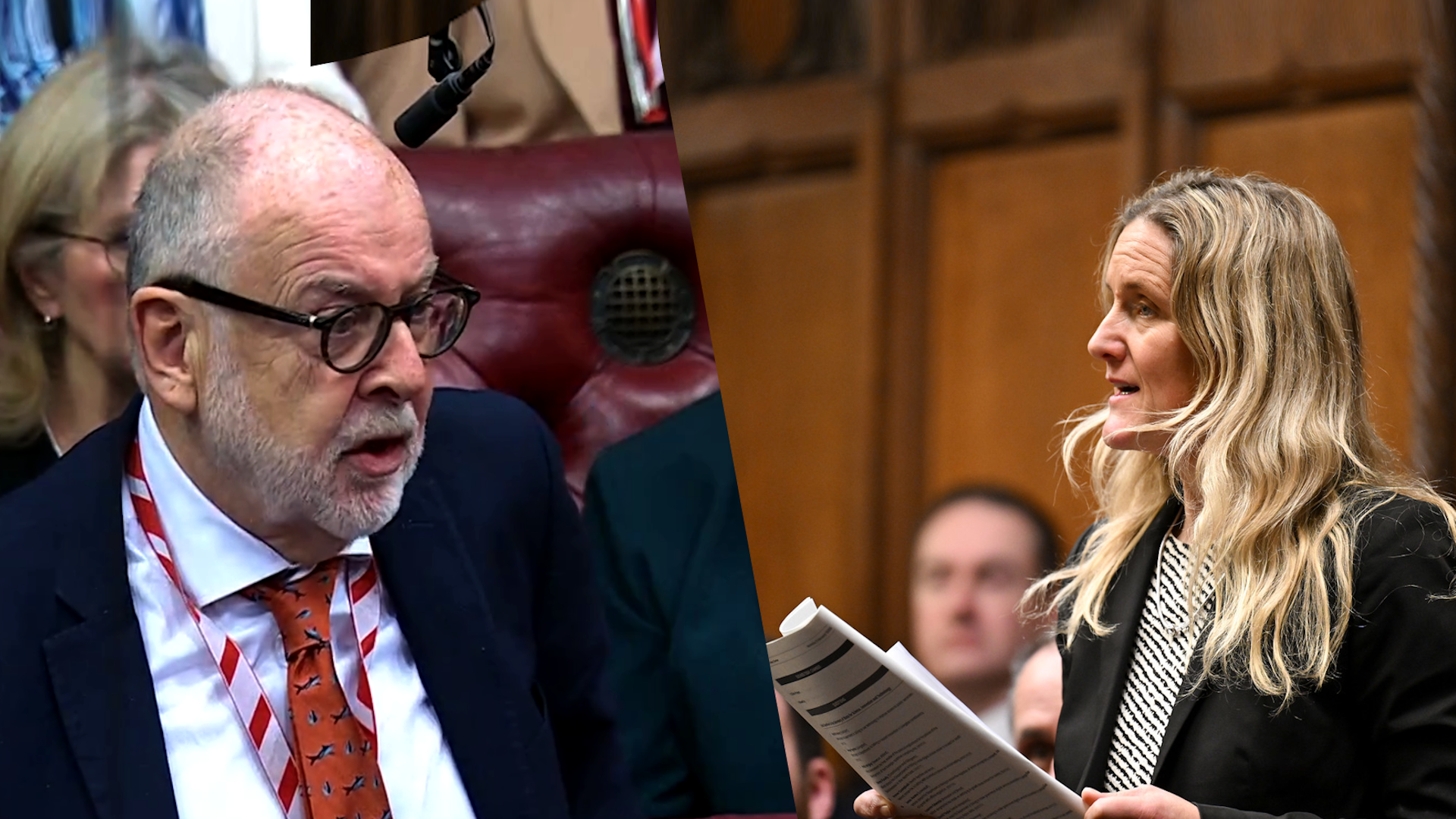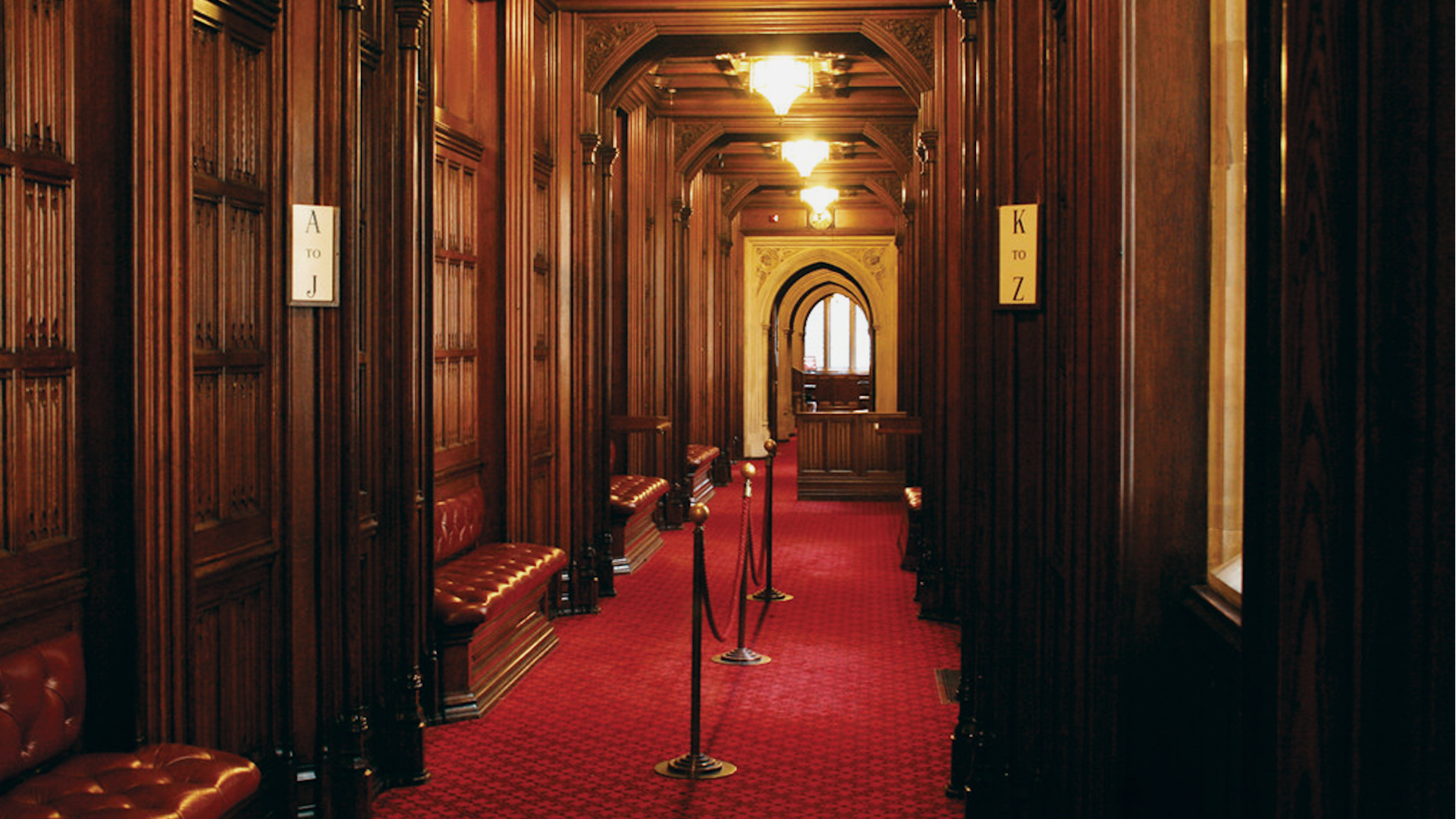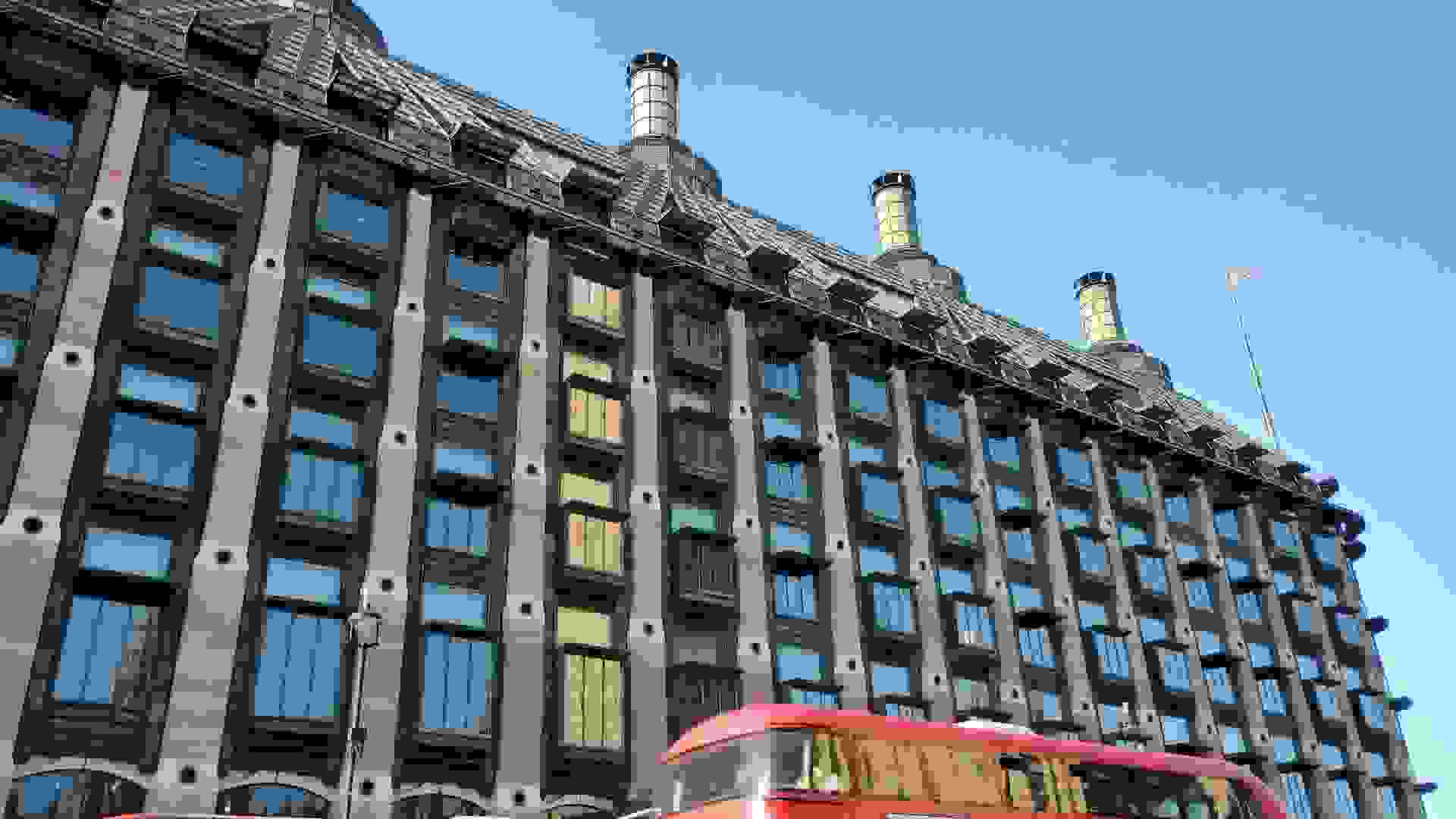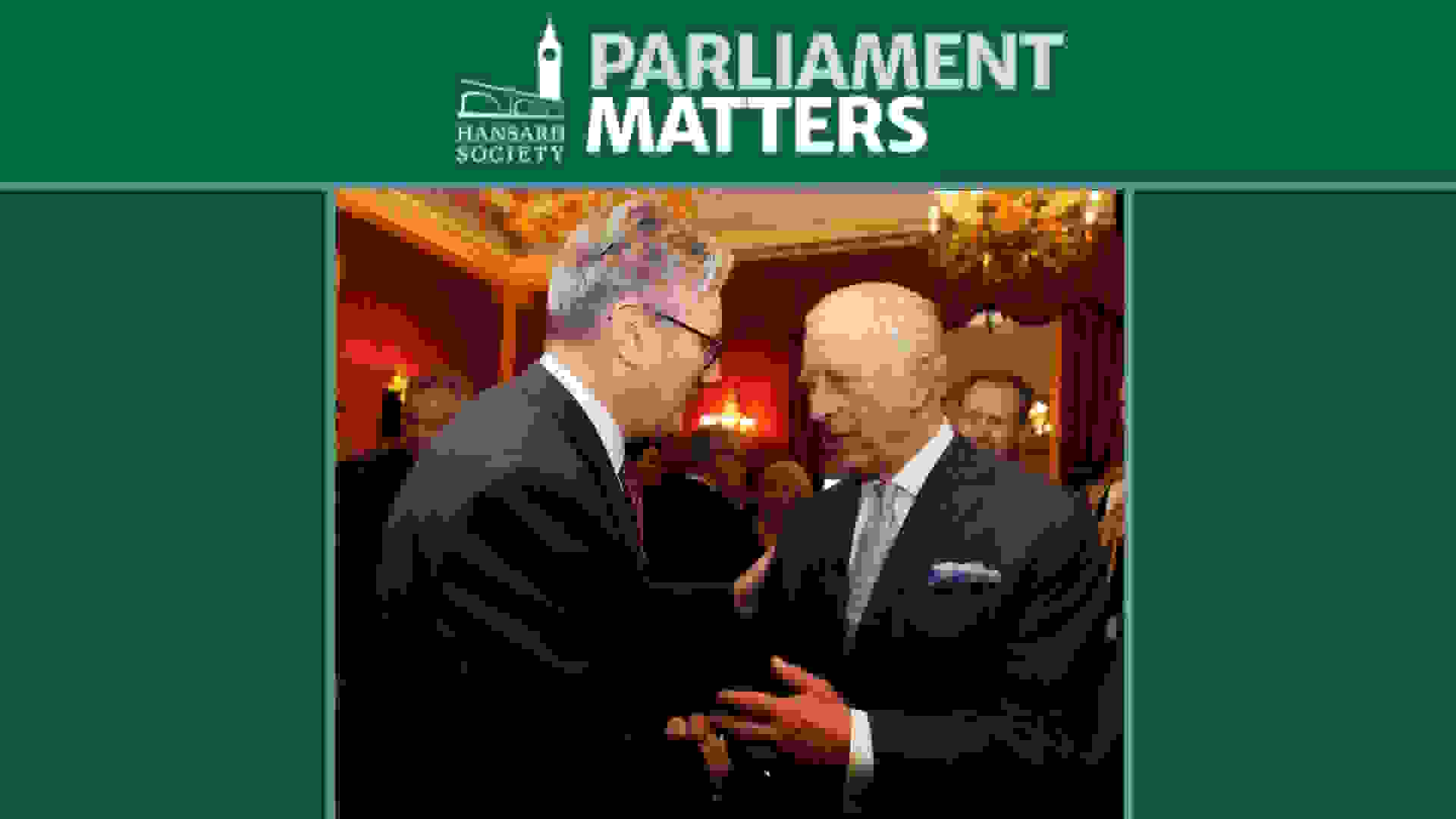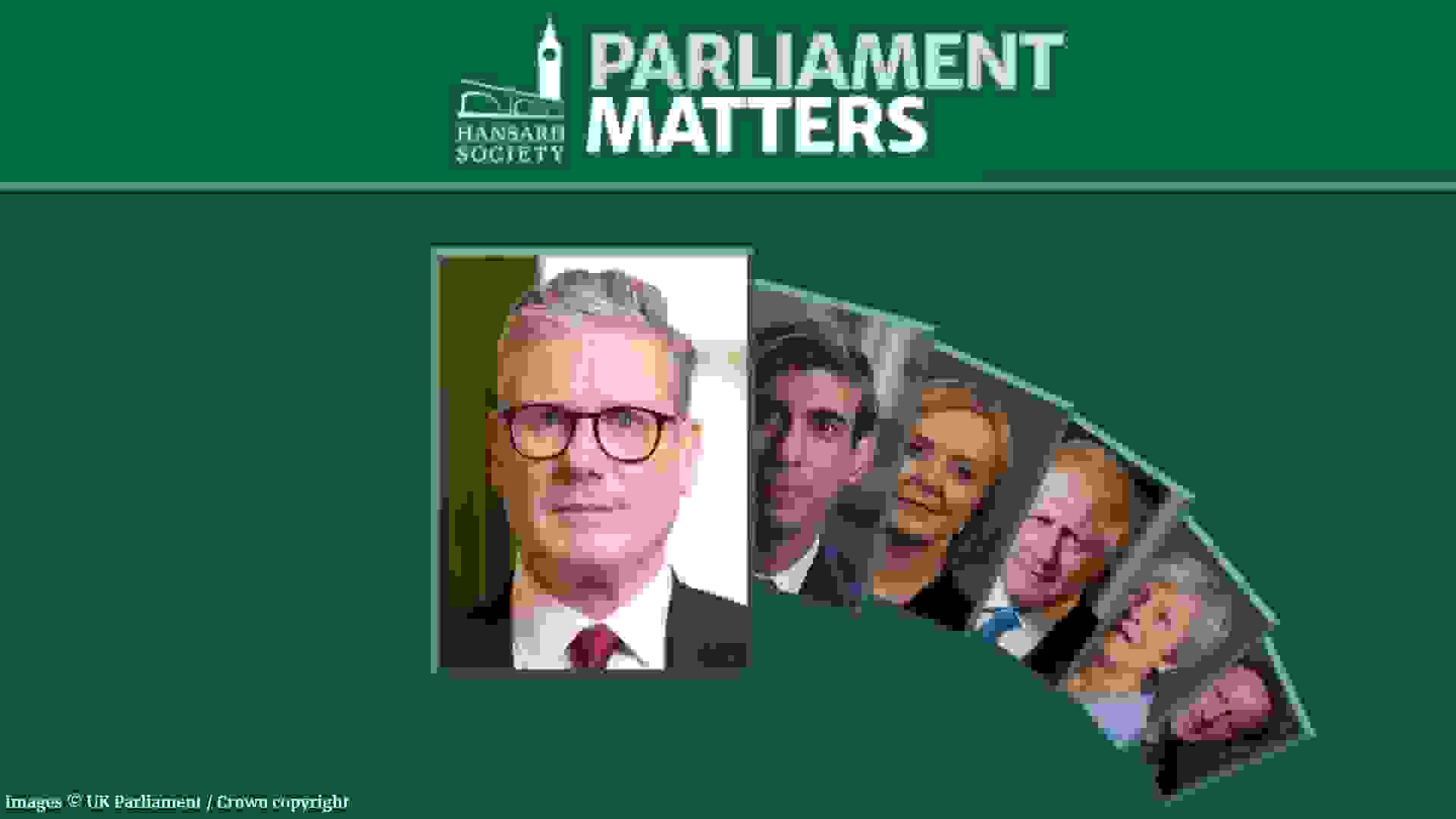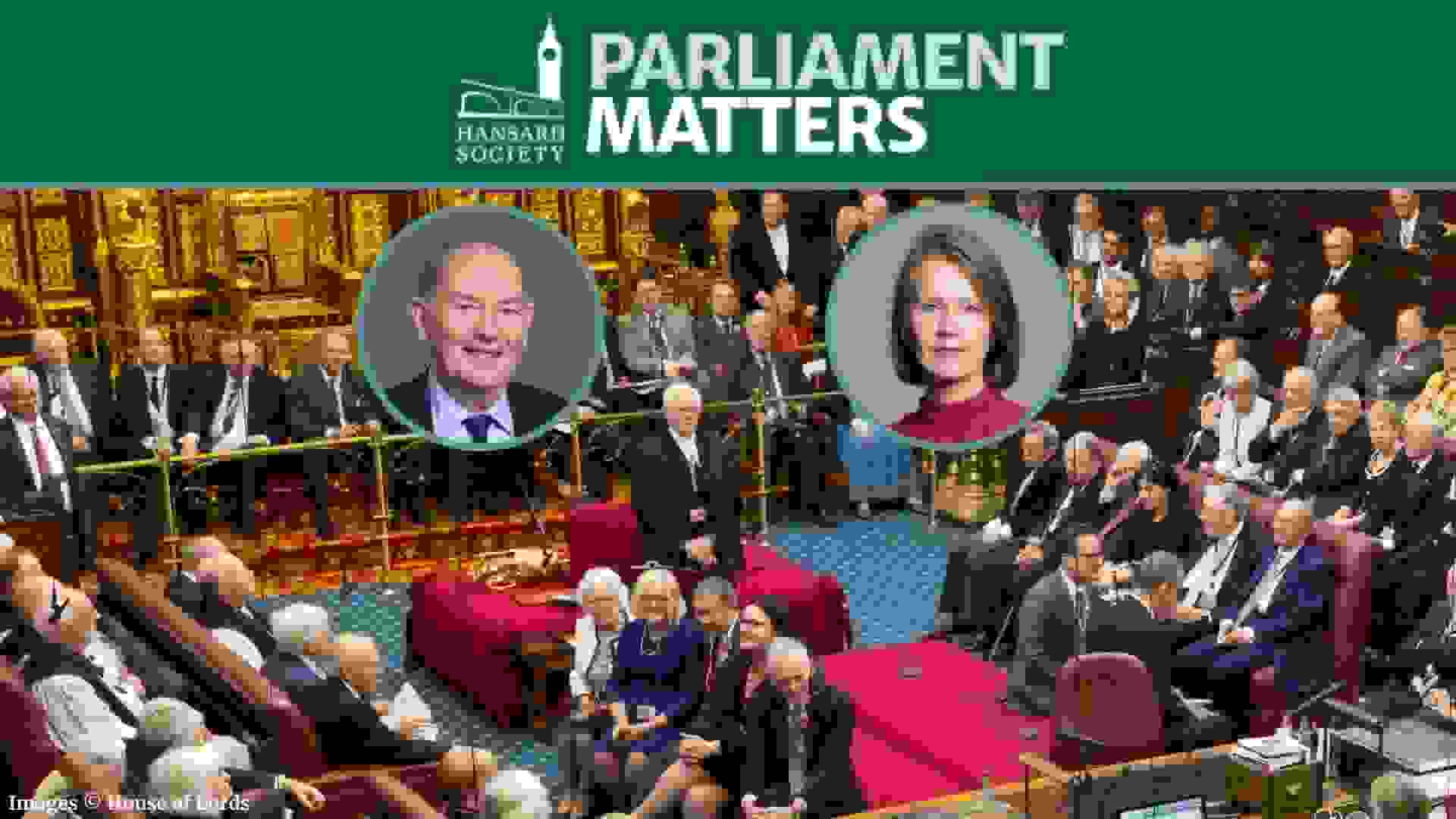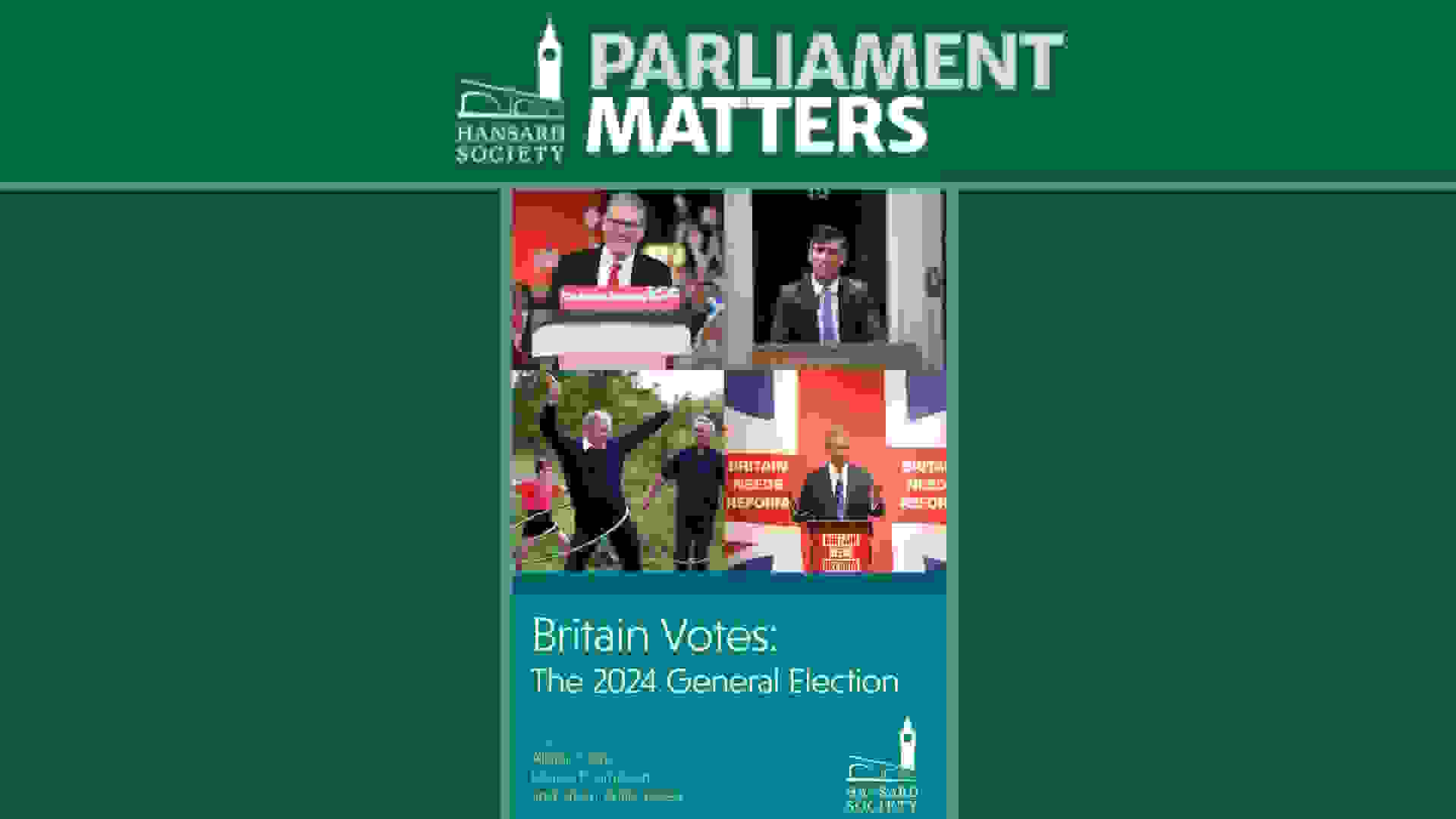Briefings / Delegated powers in the assisted dying bill: Issues for the attention of the House of Lords
Like many pieces of primary legislation, the assisted dying bill leaves much of the practical and policy detail to be worked out later by Ministers through regulations. After the Bill’s Second Reading in the House of Commons, we published a briefing which drew attention to two of its delegated powers. But since then the Bill has been heavily amended, prompting new questions: how have its delegated powers evolved, do these changes strengthen or weaken the approach to the delegation of ministerial power, and are further amendments needed and if so, why?
